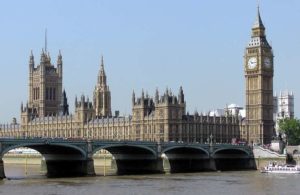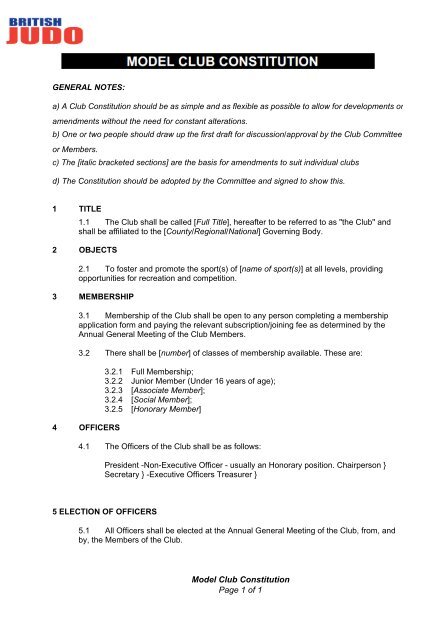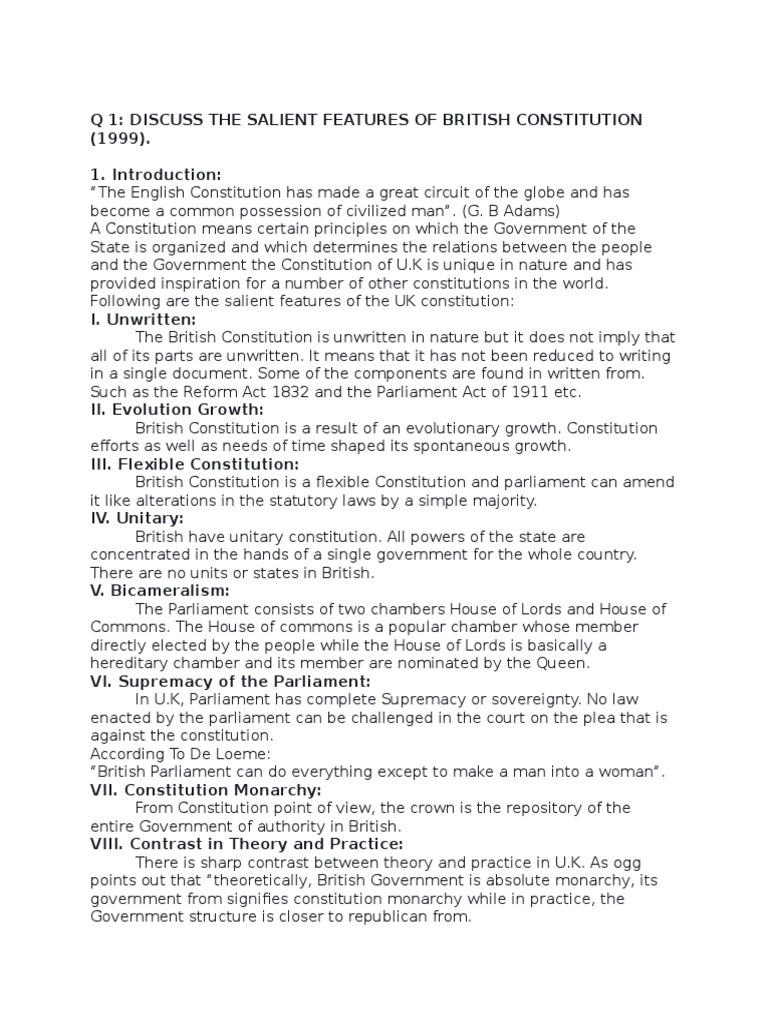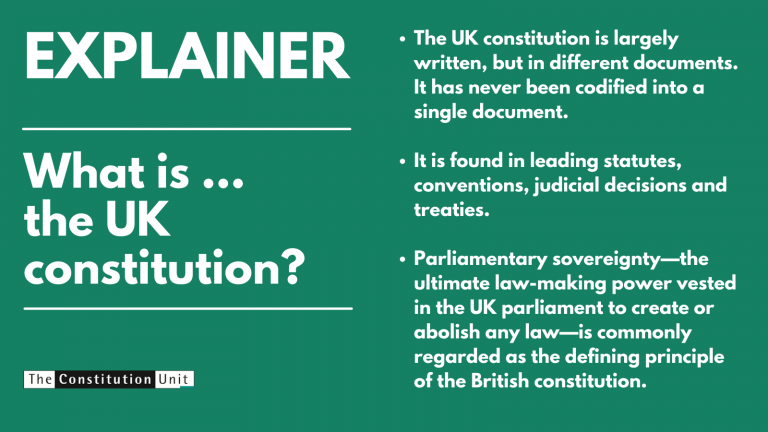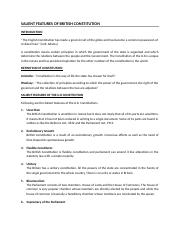The British constitution, also known as the UK constitution or the British political system, is the set of laws and principles that govern the United Kingdom. It is a combination of various sources, including legislation, common law, and conventions. Unlike many other countries, the UK does not have a single written constitution, but rather a collection of different constitutional documents and practices that have evolved over time.
One of the key features of the British constitution is its flexibility. It is not set in stone, but rather adapts to changing circumstances. This allows for a degree of evolution and evolution of the system, but it also means that the constitution can be difficult to define and understand.
The UK is a parliamentary democracy, with the monarch serving as the head of state and the prime minister serving as the head of government. The monarch has very little power and acts mainly as a ceremonial figurehead, while the prime minister and their cabinet are responsible for governing the country. The prime minister is appointed by the monarch and is usually the leader of the political party that has a majority in the House of Commons.
The House of Commons and the House of Lords are the two chambers of Parliament. The House of Commons is made up of elected members of parliament (MPs) who represent the people of the UK, while the House of Lords is made up of appointed members, including bishops, hereditary peers, and life peers. The House of Commons is the more powerful of the two chambers and is responsible for passing laws, while the House of Lords acts as a revising chamber, scrutinizing and reviewing legislation.
The UK is also a constitutional monarchy, which means that the monarch has limited powers and acts on the advice of their ministers. The monarch has the power to appoint and dismiss ministers, dissolve Parliament, and give Royal Assent to legislation, but these powers are exercised on the advice of the prime minister and other ministers.
The UK has a system of courts, with the Supreme Court at the top. The Supreme Court is the final court of appeal for all civil and criminal cases in the UK, and its judges are appointed by the Queen on the advice of the prime minister and other ministers. The UK also has a number of other courts, including the High Court, the Court of Appeal, and the Crown Court, which deal with different types of cases.
The UK is a member of the European Union (EU) and is subject to EU law. However, the UK has opted out of certain areas of EU law, such as the euro currency and the Schengen Agreement, which allows for free movement between EU countries. The UK is also a member of the United Nations and other international organizations.
In summary, the British constitution is a complex and evolving system that combines various sources of law and practice. It is a parliamentary democracy with a constitutional monarchy, a system of courts, and membership in the EU and other international organizations.


